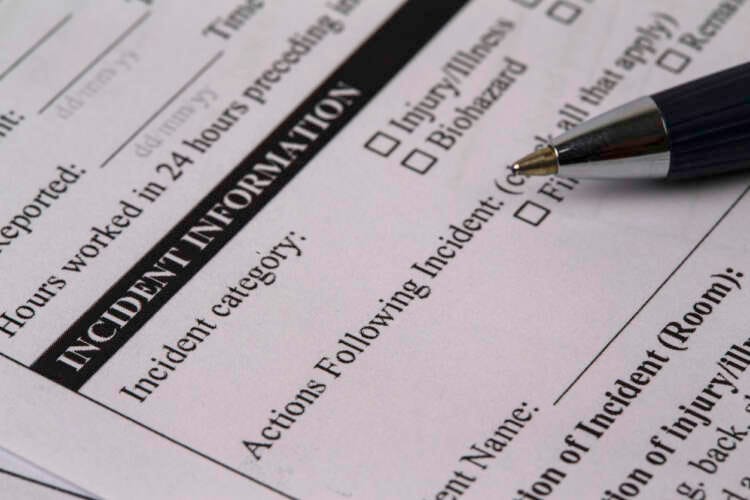
Every employer has a responsibility to provide a safe working environment for their employees. However, even with the best safety protocol, there is no way of eliminating the possibility of an accident.
The good news is that you may be eligible for compensation if you suffer an injury within the scope of your employment, regardless of fault.
Industries with The Highest Accident Prevalence
While accidents can happen in any work environment, some industries are more prone to accidents than others. Some of the industries leading in workplace injuries and fatalities include the construction sector, logging, fishing, transportation, and warehousing.
However, every sector is different, and so are the type of accidents.
In construction, for example, slip and falls, falling from high heights, and getting hit by falling objects or moving vehicles are the most common accidents. The logging sector’s most prevalent accidents include being hit by a tree or a log and injuries caused by faulty equipment.
The most common type of accidents in the fishing industry includes drowning, slip and falls, and over-exertion injuries. In the transportation sector, auto accident injuries are the most prevalent. Warehousing sector workers are exposed to many accidents, including overexertion, trips, falls, getting hit by falling objects or a moving vehicle, traumatic brain injuries, and overexertion injuries.
You May Be Eligible For Compensation
Irrespective of the type of accident or the industry you work in, workers’ compensation benefits can help you recover your damages. Full and fair compensation should cover all damages such as medical bills, lost wages, and pain and suffering.
Under some circumstances, you may also recover punitive damages. These damages are awarded to the claimant to punish the defendant for gross negligence. However, this type of damage is rarely granted and requires a very high threshold when proving gross negligence.
Keep in mind that getting compensation for workplace injuries is not automatic. You have to file a claim with your employer’s insurer to recover your damages. While the process of filing a claim is straightforward in all states, insurance companies will, in most cases, seek to lower or deny the value of your claim. Unfortunately, many victims fall for the insurer’s trap to settle for less.
Involve a Lawyer
While a settlement offer may seem appealing, it may be way less than you would get with the help of a lawyer. “Involving a lawyer in your case increases the chance of a fair outcome by up to five times,” says David Benowitz, workers’ compensation attorney of Price Benowitz.
Building a solid case calls for working with all the evidence you can get, including medical records, police statements, witness statements, doctor’s notes, and photos or video footage documenting your injuries and the accident scene. If workplace injuries result in the death of an employee, their immediate family or dependents can file for death benefits.
It is also important to know that your right to file a claim does not run indefinitely when planning to file a claim. Every state has a time limit within which a person should file their claim, with failure to comply resulting in losing their right to sue.
This is a Sponsored Feature


